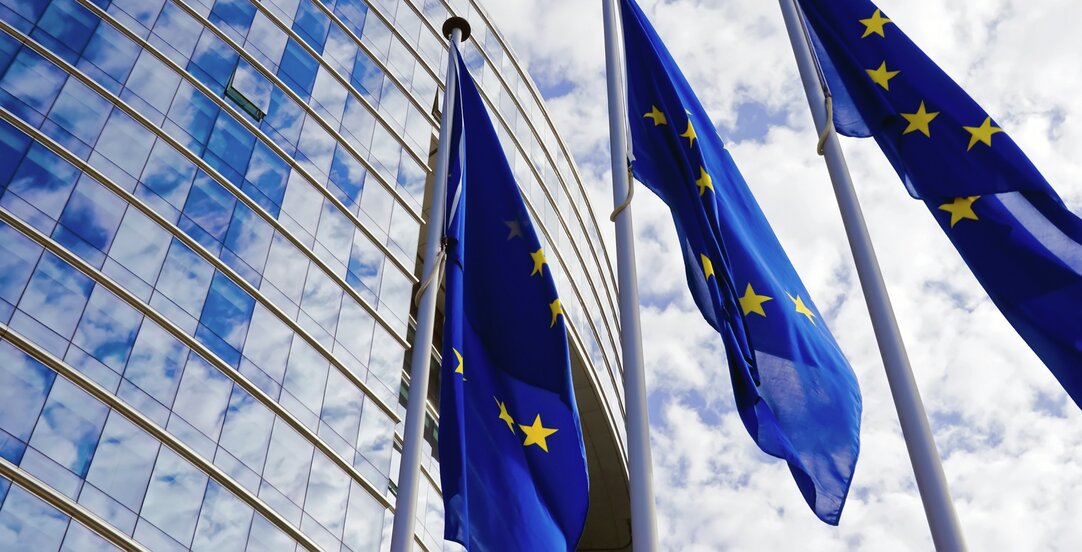New EU sanctions regime on Haiti and EU Council adds sanctions violations to list of 'EU crimes'

On 25 November 2022, the EU introduced for the first time a sanction regime on Haiti, aimed in particular at gang leaders and their financiers held responsible for the current security and humanitarian crisis in Haiti. In addition on 28 November 2022, the EU Council adopted a decision to add the violation of restrictive measures to the list of 'EU crimes'.
Lesetid 3 minutter
These developments are described below.
EU imposes sanctions on Haiti
The new EU sanctions regime implements the Haiti-related sanctions framework adopted by the UN Security Council in October 2022, which provides basis for the imposition of targeted restrictive measures against persons and entities that threaten the peace, security or stability of Haiti and the region (see our earlier WR Sanctions Alert on the UN sanctions here).
In accordance with the UN measures, the new EU regime provides a framework for the imposition of asset freezes, travel bans and a targeted arms embargo on individuals and entities engaged in or supporting gangs involved in violence, criminal activities or human rights abuses which undermine the peace, stability and security of Haiti and the region, as designated by the UN Security Council or the recently established UN sanctions committee concerning Haiti.
Broadly speaking, the asset freezing measures include an obligation to freeze funds and economic resources of, and a prohibition to make funds and economic resources available to, designated persons. The targeted arms embargo prohibits the supply, sale, transfer or export of arms and related materiel of all types, as well as the provision of technical or financial assistance related to military activities, to designated persons.
As of yet, one individual has been designated under the new sanctions regime, namely Jimmy Cherizier, one of Haiti's most influential gang leaders.
Additional details, including on available derogations and exemptions from the measures, can be found in the relevant Council Regulation.
EU Council adds violations of restrictive measures to 'EU crimes' list
On 28 November 2022, the Council of the EU unanimously adopted a decision to add the violation of EU restrictive measures to the list of 'EU crimes' included in the Treaty of the Functioning of the EU (TFEU).
In broad terms, adding sanctions violations to the list of 'EU crimes' will allow the EU to impose minimum rules with respect to the definition of what constitutes a sanctions violation as a criminal offence and the level of penalties to be imposed in the event of a sanctions violation. Pursuant to Article 83(1) of the TFEU, the EU Parliament and the Council of the EU may establish minimum rules concerning the definition of criminal offences and sanctions in areas of "particularly serious crime with a cross-border dimension resulting from the nature or impact of such offences or from a special need to combat them on a common basis", which from before includes crimes such as terrorism, human trafficking and illicit drug trafficking.
The objective of adding sanctions violations to the list of 'EU crimes' is to strengthen enforcement and reduce circumvention by ensuring a more uniform approach across the EU. Currently, EU member states have different definitions of what constitutes a violation of sanctions and varying penalties in the event of violation.
In terms of next steps, the EU Commission will present a proposal for a directive containing minimum rules concerning the definition of criminal offences and penalties for violations of EU sanctions. The proposal will in turn be discussed and adopted by the Council and the EU Parliament. The EU Parliament has previously consented to including sanctions violations as an 'EU crime' in July 2022, at the Council's request.
Additional information can be found in this press release from the Council of the EU.
WR Sanctions Alerts provide you with updates on material developments in the country-specific sanctions programmes implemented by the US, the UN, the UK, the EU and Norway. We will not provide updates on mere prolongations, without material changes, of existing sanctions programmes, nor on any listings or de-listings of individuals/entities placed on implemented sanctions lists. Please note that the WR Sanctions Alerts are provided as general information and do not constitute legal advice.
